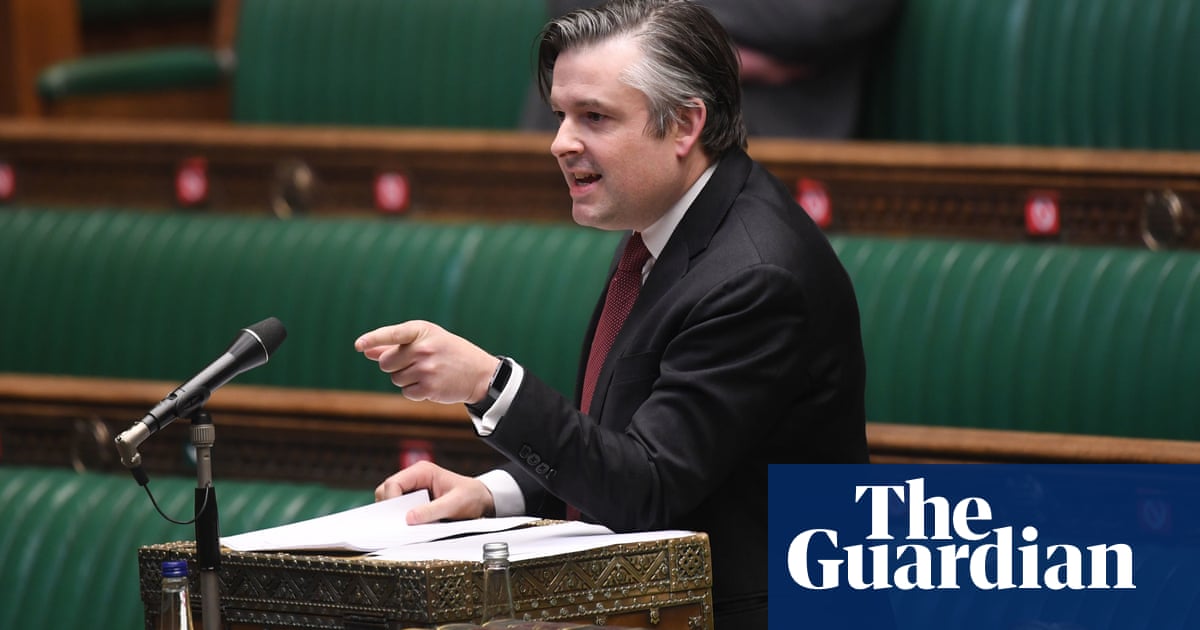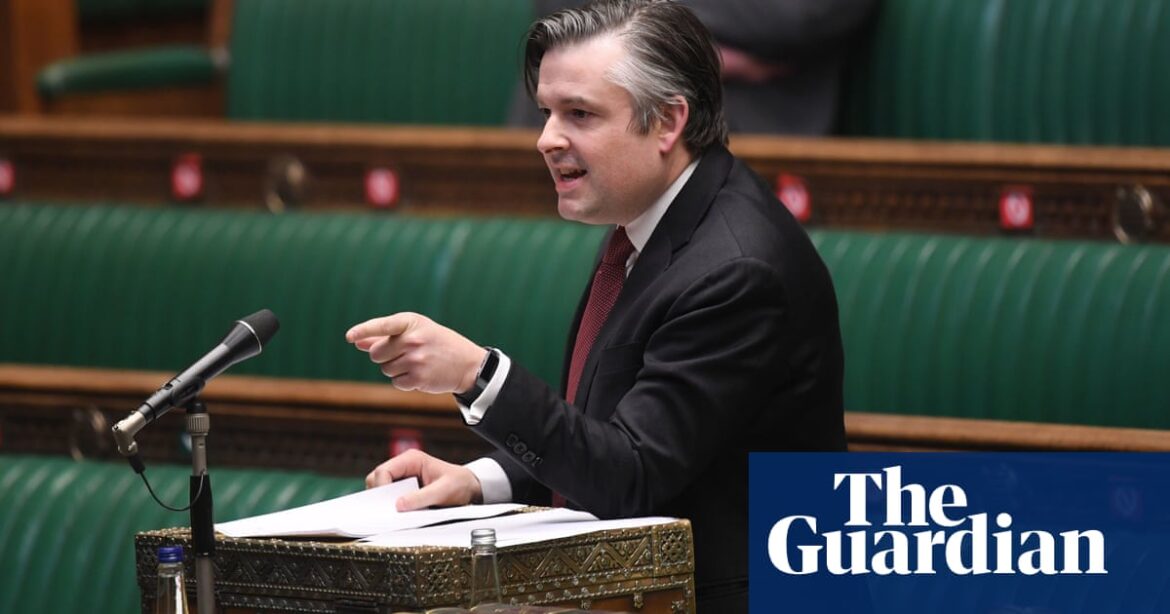
The Labour party has promised to revise the regulations governing severance payments for ministers, following reports that the frequent changes in cabinet ministers during the last three prime ministers’ terms resulted in a payout of over £930,000 in the previous fiscal year.
Since 1991, dismissed government officials who are younger than 65 years old have been eligible to receive a large sum of money as compensation, as long as they have been out of their position for at least three weeks. This applies regardless of the length of time they served in their most recent post or the reasons for their departure.
The party led by Keir Starmer has proposed implementing three modifications to the regulations. According to Labour, this could result in annual savings of over 40% by limiting ministers’ pay to only a quarter of their earnings from the previous year, rather than their final yearly salary minus any previous severance payments.
The party will also make sure that any Member of Parliament who returns to a ministerial role while still receiving compensation from a previous appointment will have that amount deducted, to prevent them from receiving a full three-month payout even if they return to the frontbench during that time.
If a minister were to resign while under investigation for misconduct or breaking the ministerial code, their severance pay would be suspended and cancelled completely if the allegations were proven true. This aligns with the guidelines for civil servants and special advisers.
If Labour’s rules were enforced over the last financial year, the party says only 76 payments would have been handed out, instead of 98. The severance bill of the last financial year could have been slashed by more than 40%, from £933,086 to £555,093.
In 2022, Chris Pincher and Peter Bone were given monetary compensation even though they were under investigation for inappropriate behavior. Pincher resigned from his position as deputy chief whip following accusations of sexual misconduct and was given £7,920 upon his departure.
Bone was given £5,593 after he stepped down when voters in his constituency chose to trigger a byelection following a finding by the parliamentary watchdog that he had broken the MPs’ code of conduct on four counts of bullying and one of sexual misconduct.
The previous member of Parliament for Wellingborough was among five members of the frontbench who were mistakenly given payouts, as he is six years above the age limit. If the Conservative party had properly followed the age limit guidelines, Nadine Dorries would not have been given £16,876, Deborah Stedman-Scott would not have received £17,742, and both Sir David Evennett and Maggie Throup would not have received £10,072.
Rehman Chishti served as a Foreign Office minister for a brief two-month period during the end of Boris Johnson’s time as Prime Minister. He also briefly declared his candidacy for the Tory leadership. According to Labour’s regulations, his payout would have decreased from £5,593 to £936.
Brandon Lewis was paid a total of £33,572 within a span of four months after resigning from his positions as Northern Ireland secretary in July 2022 and justice secretary 16 weeks later. However, if he had remained in office, his entitlement would have been reduced to £13,594.
Alec Shelbrooke, Jackie Doyle-Price, and Rob Butler, all of whom briefly served on the frontbench during Liz Truss’s tenure, received severance payments worth £21,433. In addition, they were also awarded a knighthood, damehood, and OBE, respectively. However, if their payouts had been recalculated, they would have only received a total of £2,682.
MP Jonathan Ashworth, the opposition Minister for the Cabinet Office, stated that some individuals who were unfit for ministerial positions were forced to resign due to their disgraceful actions, yet still received compensation from taxpayers.
“According to current regulations, each Tory minister had the right to receive three months of severance pay based on their final-salary level, regardless of their tenure or reasons for leaving, and often even if they quickly returned to their previous position. These are the significant gaps that Labour’s suggested changes aim to address.”
Source: theguardian.com



